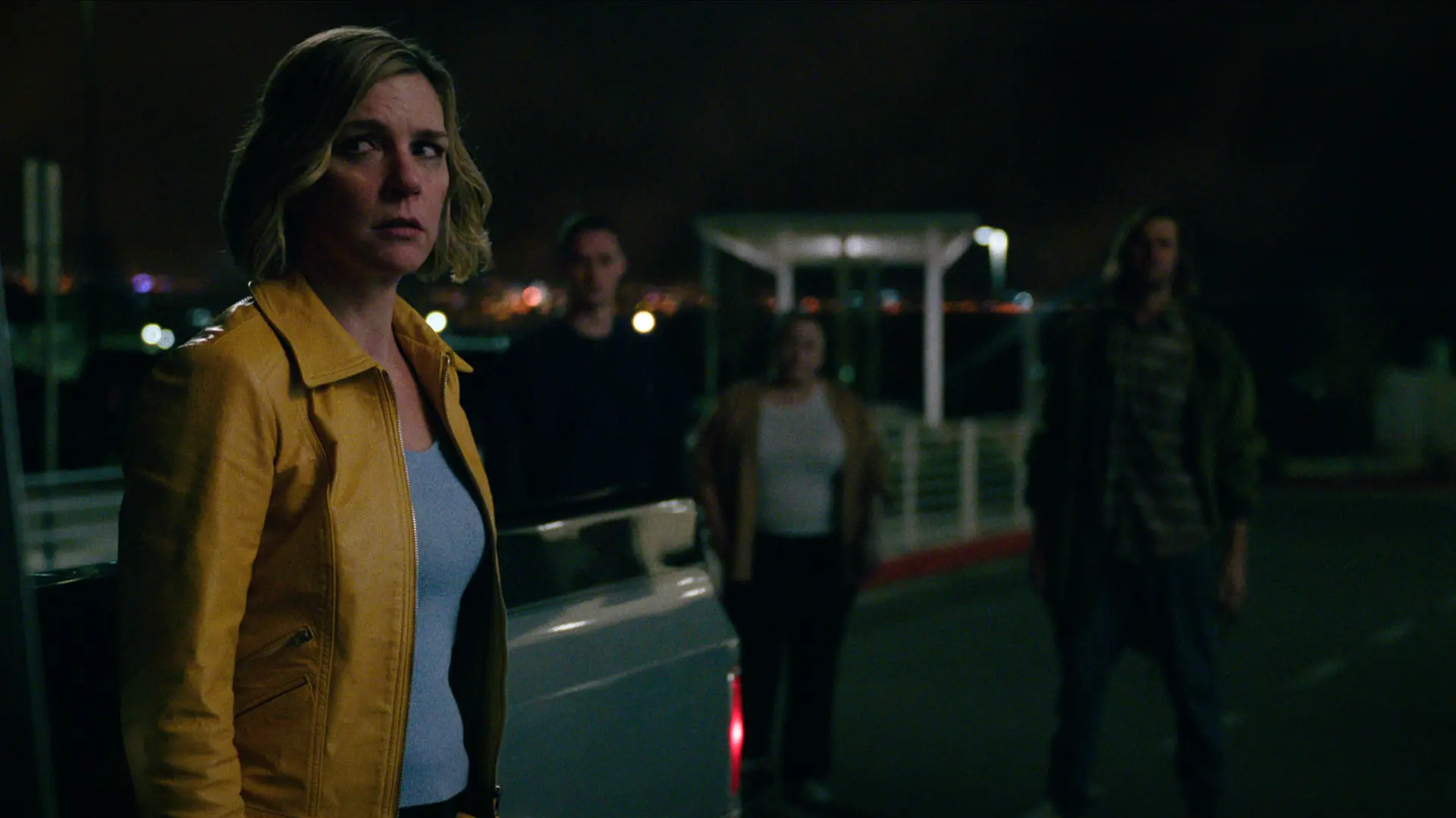Breaking Bad creator Vince Gilligan adds “this show was made by humans” in credits, calls AI the world’s most expensive plagiarism machine
-

Breaking Bad creator Vince Gilligan is making headlines again, but this time it’s not for another meth-fueled antihero. His new Apple TV+ series Pluribus comes with an unexpected addition at the end of its credits: a simple line that reads:
“This show was made by humans.”
The message is short, but it says a lot about how Gilligan feels about artificial intelligence and its growing presence in entertainment. As AI-generated scripts, images, and performances start to creep into Hollywood, Gilligan’s end-card feels like both a statement and a reassurance. In recent interviews, he’s been open about his skepticism toward the technology, calling AI “the world’s most expensive and energy-intensive plagiarism machine.” For a creator who built his reputation on character-driven storytelling, the “human-made” note in Pluribus is less a gimmick and more a reflection of how he believes stories should be told — by people.
“This show was made by humans”: Vince Gilligan’s view on AI
Vince Gilligan has been direct about where he stands on generative AI. In an interview with Polygon, he joked that he’s never used tools like ChatGPT because, as he put it:
“No one has held a shotgun to my head and made me do it.”
His concern goes beyond personal preference. He argues that AI tools rely on other people’s work to generate new material, something he sees as fundamentally at odds with the idea of creativity.
When viewers see Pluribus and reach that final line in the credits, they’re also seeing Gilligan’s quiet protest against an increasingly automated creative process. Hollywood has spent the past few years debating how much technology should be allowed to shape the work of writers, actors, and directors. The 2023 writers’ and actors’ strikes pushed back hard against studios that wanted to experiment with AI-generated material. Gilligan’s statement fits right into that conversation, signaling where he stands without turning it into a full-blown speech.
There’s also an environmental and ethical angle. Training large language models and video-generation systems requires massive computing power, and Gilligan has pointed to the energy costs as another reason he’s wary of the trend. To him, it’s not just about protecting art — it’s about protecting what he calls “the human part” of storytelling.
Everything we know about Pluribus
Beyond the AI talk, Pluribus marks an important return for Vince Gilligan to science fiction, his first since The X-Files. The series stars Rhea Seehorn, who previously worked with him on Better Call Saul. This time, she plays Carol Sturka, a romance novelist who becomes one of only 12 people immune to an alien virus that links the rest of humanity into a collective consciousness known as “The Joining.”
Set in Gilligan’s familiar Albuquerque, Pluribus mixes grounded drama with high-concept ideas. The first two episodes show how Carol struggles to adapt when everyone around her, including her wife, becomes part of a cheerful hive mind that insists everything is fine. It’s classic Gilligan: character-focused, darkly funny, and full of slow-burn tension. Apple TV+ has already ordered two seasons of the show, suggesting strong confidence in its future. Critics have praised Seehorn’s performance and Gilligan’s writing for combining speculative science fiction with a very human emotional core.
With Pluribus, Vince Gilligan isn’t just delivering another smart, character-driven series — he’s also using the project to underline what makes creative work meaningful to him. The note “This show was made by humans” might sound simple, but it reflects a bigger belief that storytelling should come from real people and real experiences.
As AI continues to evolve, Gilligan’s approach feels refreshingly straightforward. Rather than experimenting with new tools, he’s doubling down on the human side of television — and betting that audiences still care about where their stories come from. In that sense, Pluribus isn’t only a new sci-fi series from one of TV’s most respected creators; it’s also a reminder that the best stories still start with people, not machines.
TOPICS: Vince Gilligan, Pluribus